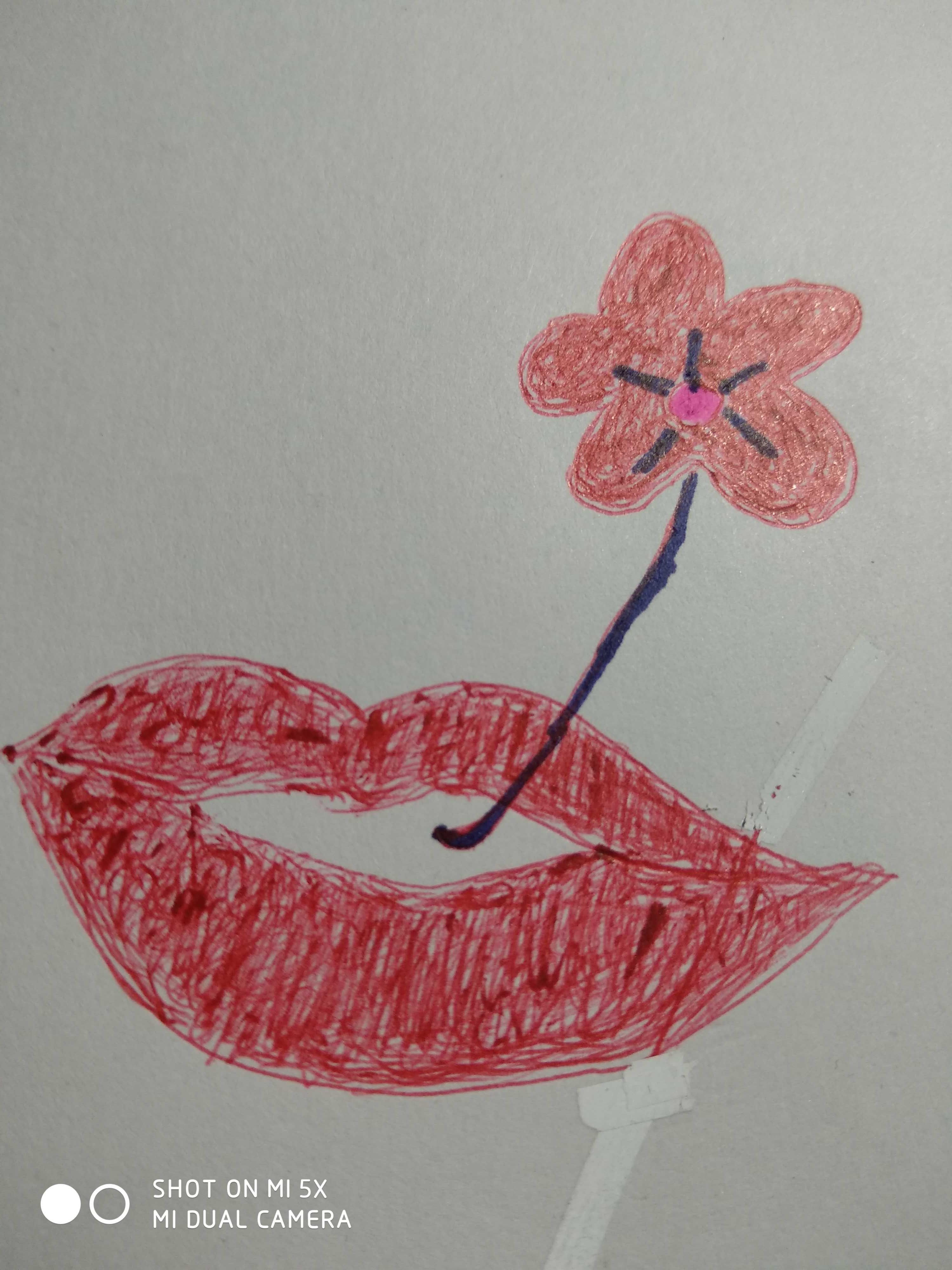口彩Mouth wonder/mouth luck
 Using a good luck word/expression (like the idiom 有始有终 ‘accomplishing a task from the beginning to the end’ in the earlier story) to name or describe a regular situation or behavior is called 口彩 ‘month wonder/mouth luck’ by Chinese people. ‘Mouth luck’ is not exactly euphemism, because a euphemistic expression is usually a mild or vague expression of a taboo topic while ‘mouth luck’ has to imply good luck as well. ‘Mouth luck’ is an art of using language, because an association must be ingeniously made between a good luck word/expression and an apparently ordinary or even an unlucky situation/behavior.
Using a good luck word/expression (like the idiom 有始有终 ‘accomplishing a task from the beginning to the end’ in the earlier story) to name or describe a regular situation or behavior is called 口彩 ‘month wonder/mouth luck’ by Chinese people. ‘Mouth luck’ is not exactly euphemism, because a euphemistic expression is usually a mild or vague expression of a taboo topic while ‘mouth luck’ has to imply good luck as well. ‘Mouth luck’ is an art of using language, because an association must be ingeniously made between a good luck word/expression and an apparently ordinary or even an unlucky situation/behavior.
In China, ‘mouth luck’ is commonly practiced to wish good luck or reverse a taboo. A typical example of using ‘mouth luck’ to wish good luck is calling four pieces of stewed port 四喜肉 ‘Four Happinesses Meat’. Stewed pork is an ordinary dish but the deliberate choice of putting four pieces on a plate makes it possible to link the dish with a popular good luck expression 四喜 ‘Four Happinesses’, which has been traditionally used to represent the four greatest happinesses in the minds of Chinese people: getting rain after a long drought; meeting an old friend in foreign land; entering the bedroom on one’s wedding night; and seeing one’s own name on the emperor’s golden list. You can well imagine how welcome this dish is at dinners of big occasions.